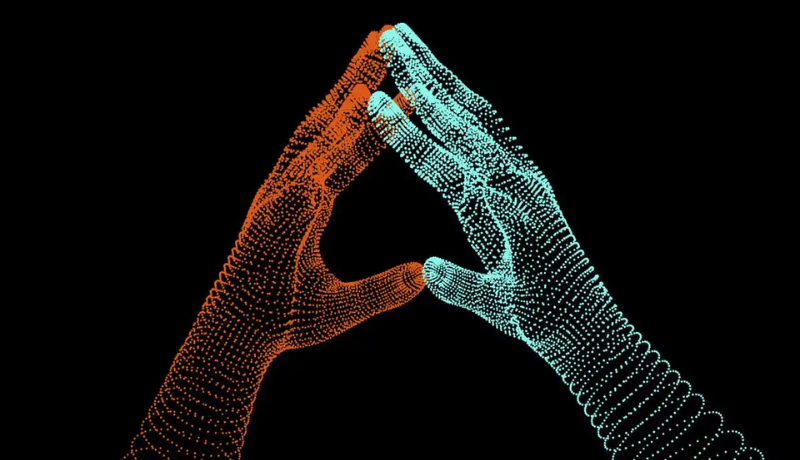
According to a new global study, building digital trust has significant economic value. A 5% increase in digital trust results in a $3,000 increase in GDP per capita. The Digital Trust Index: The Value of Digital Trust is seminal research into the attitudes and drivers of digital trust in modern economies conducted by Callsign, the digital trust pioneer, and the Centre for Economics and Business Research (Cebr). Building digital trust has the potential to unleash trillions of dollars in economic growth at a critical time for the global economy, as economic slowdowns occur.

Saeed Ahmad, MD Callsign MENA commented, “This research is groundbreaking because for the first time we are able to quantify the value of trust in our digital world both in economic terms and in societal terms. The results of this research should be a call to action for businesses and governments to work together to build a secure, ethical digital identity framework so that citizens can live digitally, safely, and to boost economic growth at this critical time.”
According to the new report, a ‘digital trust gap’ is also emerging around the world. Non-Western markets have a positive trust gap (16% in South Africa, 15% in MEA, 6% in Brazil, and 5% in APAC), indicating that consumer attitudes toward digital trust outnumber societal trust levels. Western markets, on the other hand, have a negative trust gap (USA (-4%), Benelux (-6%), and Canada (-9%), with societal trust outweighing digital trust. As consumers’ lives become more online, this is a critical differentiator for emerging markets as economies slow. The digital economy’s potential to unleash GDP per capita growth may allow emerging economies to gain an advantage in this new online era.
In the Middle East and Africa region, 56.3% of respondents believe that online and digital services can be trusted. However, when it comes to the factors that have a negative impact on digital trust, 21.1% of MEA consumers said their experience with online fraud caused them to be skeptical of online services. Other factors affecting trust in online services include data breach experience, which was mentioned by 12.8% of MEA respondents. Furthermore, 15% of MEA consumers believe there is a lack of transparency in online and digital services, and 16.1% are concerned about not always knowing how to use online and digital services safely, leading to mistrust.
The digital economy is expected to grow from $14.5 trillion in 2021 to $20.8 trillion by 2025, while the cost of online crime is expected to rise from $6 trillion to $10.5 trillion over the same time period. If businesses and governments want to leverage the power of digital trust, they must first address the fundamental issue of digital identity.
54% of consumers expect governments to make the digital world more secure. To accomplish this, three-quarters (77%) of respondents expressed support for the development of a digital identity system encompassing technology, process, and data policies that would be overseen by an independent body. Consumers would put their trust in banks and financial services firms to build and maintain the system. 47% of those polled expect a digital identity system to be a part of their daily lives within the next year.
Ahmad continued, “The foundation of digital trust is our digital identities. We need to know who we are interacting with online to be able to trust in brands, transactions and people. Consumers in MEA want a secure digital world and governments want to continue to grow the digital economy in the region, they need to work with businesses to reap the benefits of the GDP per capita that building digital trust could bring. Our research demonstrates we have a trillion-dollar opportunity and given the global economic challenges today, we can’t afford to ignore it anymore.”
